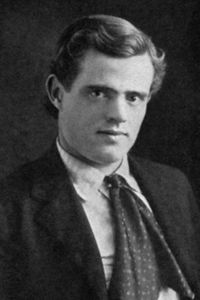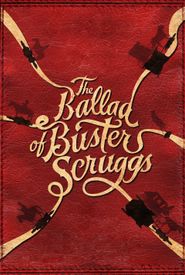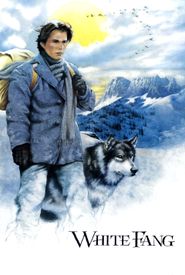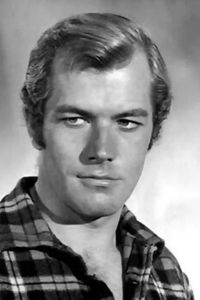Jack London was born John Griffith Chaney on January 12, 1876, in San Francisco. His mother, Flora Wellman, raised him and his stepfather, John London. He never knew his biological father until adulthood. Jack's early life was marked by hardship, as he worked long hours at a cannery to support his family.
As a young man, Jack developed a close relationship with his foster mother, Virginia "Jenny" Prentiss. She loaned him money, which he used to buy a sloop and become an oyster pirate. He later joined the California Fish Patrol and worked on a sealing schooner bound for Japan. During this time, he began writing, and his first story, "Typhoon off the Coast of Japan," was published in 1893.
After his sailing days, Jack became a tramp and hoboed around the country. He was arrested for vagrancy and spent a month in jail, where he witnessed the harsh realities of poverty and crime. This experience had a profound impact on his life and writing.
Jack continued his education at the Oakland Public Library, where he read works by Gustave Flaubert, Lev Tolstoy, and other influential authors. He was admitted to the University of California but was forced to leave due to financial difficulties.
In 1897, Jack joined the Klondike Gold Rush in the Canadian Yukon, where he faced extreme hardships and suffered from frostbite, scurvy, malaria, and dysentery. This experience inspired his writing, particularly his short story "To Build a Fire."
Jack's writing career took off, and he became one of the highest-paid writers of his time. He wrote several successful novels, including "The Call of the Wild," "The Sea-Wolf," and "The Iron Heel." He was also a pioneer in ecological approaches to agriculture and designed the first concrete silo in California.
Despite his success, Jack struggled with financial difficulties and was often broke. He bought a ranch in California, where he lived with his wife, Charmian, and designed a small cottage. The ranch is now a National Historic Landmark, named Jack London State Historic Park.
Throughout his life, Jack's views and philosophy evolved, and he was influenced by a wide range of authors and thinkers, including Friedrich Nietzsche, Carl Jung, Rudyard Kipling, and Charles Darwin. He was a complex and multifaceted individual, and his writing continues to be celebrated for its depth and insight.
Jack London died on November 22, 1916, at the age of 40, due to complications from kidney failure. He was laid to rest at his ranch, according to his will, with a red boulder from the ruins of his Big House.





















































